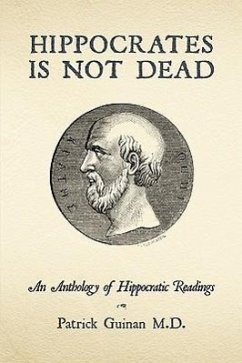Over the past fifty years, medical care has changed rapidly-and not always for the better. Technological advances and alterations in clinical service delivery have challenged physicians to remember to keep the best interest of patients in sharp focus. The Hippocratic Oath commits physicians to "do no harm," but the realities of the contemporary business world have forced the erosion of some ethical priorities. Pressure to satisfy profit-driven business models and insurance industry guidelines have put physicians in the untenable position in which patient care becomes more of a commodity than a priority. As a working physician in today's market, author J. William Evans, MD, explores these alarming trends through examples of how the "polluted oaths" have subtly distorted medical care as a whole. Dr. Evans investigates how the influence of the insurance industry has conditioned both patients and providers alike to accept inferior care as a standard. He shares the frustration of his patients, who are repeatedly denied the care they need. The entire industry needs immediate reform, he feels, and the citizens of the United States deserve access to proper medical care. In Hippocrates Weeps, Dr. Evans shares his thoughts on the current state of medicine as well as his roadmap toward better, safer, and healthier health care for all. What is required, he explains within, is the commitment to make change happen while allowing physicians to be true to the challenge set forth by Hippocrates: "Cure sometimes, treat often, comfort always."
Hinweis: Dieser Artikel kann nur an eine deutsche Lieferadresse ausgeliefert werden.
Hinweis: Dieser Artikel kann nur an eine deutsche Lieferadresse ausgeliefert werden.








